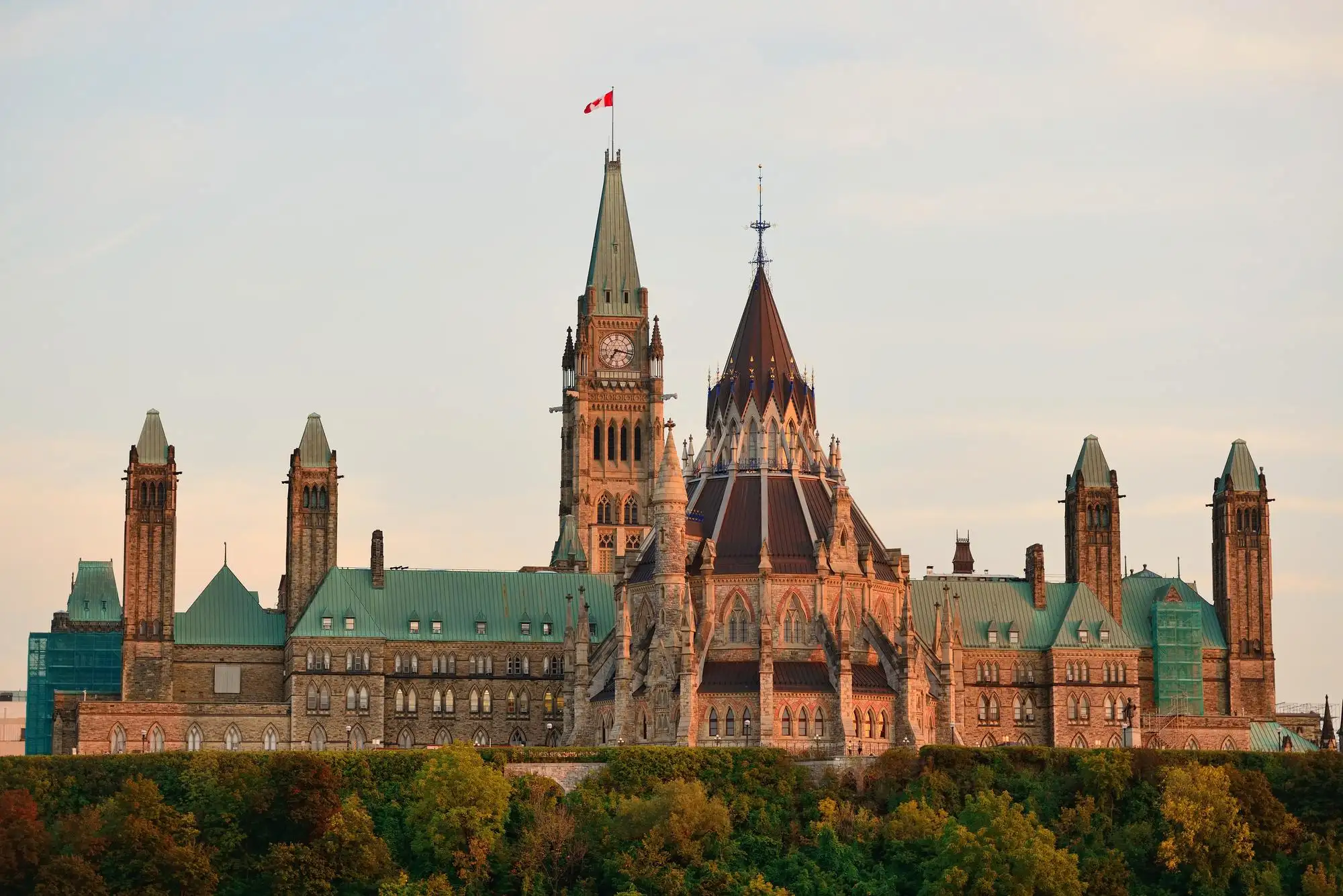We continue to closely follow relevant updates concerning COVID-19. The government has announced the following measures to help alleviate concerns and financial hardships.
Tax Relief
Individuals
- T1 filing deadline from April 30, 2020 to June 1, 2020 (self-employed individuals have until June 15, 2020 to file as usual).
- Those getting the GST and Canada Child Benefit (CCB) should not delay filing their income tax returns to make sure payments come in on time for 2020-21, especially given the top-ups due to COVID-19 (read below).
- Income tax balances owing, and income tax instalments can be deferred until September 1st, 2020, without interest/penalties. (Previously, it was August 31st, 2020.)
- The government is accepting electronic signatures for T183 and authorization forms. A signed T183 must be provided to us before we are able to submit your tax return electronically.
- For most US individuals, the IRS has extended payment deadlines an additional 90 days such that payments can be deferred until July 15, 2020 without interest or penalties
- If you are accustomed to sending T3 slips to us to prepare your T1, you might not be getting them until closer to May 1st (see below Trusts)
- We are still encouraging our clients to send in their documents electronically so we can file before the deadline. For those who are unable, this extension provides much-needed relief.
Trusts
- For trusts having a December 31st year-end, the filing due date for T3 Returns is extended from March 30, 2020 to May 1, 2020.
- Balance owing & instalments can be deferred to August 31st, 2020.
- No mention of deadline extensions for estates which typically have a non-December 31st year end.
Corporations/Businesses
- Effective immediately, income tax balances owing & income tax instalments that become owing on or after March 18th can be deferred to August 31st , 2020.
- CRA will not contact any small or medium (SME) businesses to initiate any HST or Income Tax audits for the next four weeks.
- Temporarily suspend audit interactions with taxpayers and accountants. So, if you have ongoing audits/post-assessment reviews, there is some relief here.
Help for Employers to Pay Employees
- Provide eligible small businesses with a wage subsidy equal to 10% of wages during the next 90 days (March 18th and before June 20th) up to a maximum of $1,375 per employee and caps at $25,000 per employer.
- You can benefit immediately by reducing remittances of income tax (federal, provincial, or territorial income tax) withheld on your employees’ remuneration. Employers benefiting from this measure will include corporations eligible for the small business deduction, as well as non-profit organizations and charities.
- This is supposed to take effect as of today. Supporting legislation to follow.
- No mention of whether unincorporated businesses (partnerships/sole-proprietors) will qualify. Further details needed.
- We are waiting for details on how this is going to be administered.
Help for Employees and Self-Employed Individuals
- Starting early April, Emergency Care Benefit of up to $900
bi-weekly for up to 15 weeks to provide support to the following if they
do not qualify for Employment Insurance (EI) benefits:
- Workers (including self-employed), who are sick, quarantined or told to self-isolate.
- Workers (including self-employed), taking care of COVID-19 infected family member.
- Working parents staying at home without pay because of sick children or school closures.
- Applicants will need to re-attest every two weeks to reconfirm their eligibility.
- Waiving of mandatory one week waiting period for EI sickness benefits for workers in imposed quarantine or who have been directed to self-isolate.
- Waive the requirement for a medical certificate to access EI sickness benefits.
- For those who lost their jobs or face reduced hours, the Emergency Support Benefit delivered through the CRA will provide up to $5.0 billion in support to workers who are not eligible for EI. Starting in early April.
Individuals & Families
- Special top-up payment under the GST credit. Starting in early May.
- Boosting the Canada Child Benefit (CCB) payments. Starting in May.
- The top-ups to GST/CCB should provide fast relief since most of these are direct deposit and quicker than government cutting cheques.
- Provide increased flexibility through loan re-amortization, deferrals, etc., to assist with mortgage payments on homeowner government-insured mortgage loans to borrowers who may be experiencing financial difficulties related to the outbreak.
- Banks are committed to allow customers to defer mortgage payments for up to 6 months.
Businesses
- Increase support for businesses by increasing credit available to Canadian businesses through Business Development Bank of Canada, Export Development Canada, and Canada Mortgage and Housing Corporation
- Increase support for businesses by increasing credit available to Canadian businesses through Business Development Bank of Canada, Export Development Canada, and Canada Mortgage and Housing Corporation
- Banks are committed to working with customers to provide flexible solutions, on a case-by-case basis
Seniors – RRIF Withdrawals
- Reduce minimum withdrawals from RRIFs by 25% for 2020 in recognition of volatile market conditions and their impact on many seniors’ retirement savings.
- Effective Immediately, supporting legislation to follow.
Students
- Implement a 6-month interest-free moratorium on Canada student loan payments. Early April.
A lot of these measures still need a lot more specifics and may not cover all potential scenarios. We will continue to monitor the developments and keep you up to date.


